Researchers from the University of Cambridge, Uppsala University in Sweden, and several video game studios created a game called Bad News. They found that students who played this game, which involves taking on the role of misinformation spreaders, could more easily identify manipulations and fake news compared to others.
In today's world, fake news and disinformation are significant issues that seem to lack solutions. However, a team of Swedish social scientists and engineers propose an innovative method to help people identify fake news: video games.
The researchers discovered that video game players are more observant and better at noticing subtle details than non-players. To support this, they conducted an experiment with 516 Swedish upper secondary school students from four different schools. In the game Bad News, players act as fake news creators, learning about the manipulation techniques used to deceive people.
The game focuses on six common misinformation practices: impersonation, emotion, polarization, conspiracy, discrediting, and trolling.
Thomas Nygren, a professor of education at Uppsala University and one of the study's authors, highlighted the importance of equipping young people with tools to navigate a world full of disinformation. He stressed the need for improving individuals' abilities to recognize manipulative strategies, especially with the rise of deepfakes and AI-generated disinformation.
Published in the Journal of Research on Technology in Education, the study had students play the game individually, in pairs, or as a class using a shared scorecard. All methods led to positive results, with students showing significant improvement in identifying manipulative techniques in social media posts and distinguishing between reliable and misleading news.
The researchers also explored why the game was effective and found that competitive elements increased students' interest. However, they noted that while gamification boosts engagement, it does not always lead to better learning outcomes.
Besides helping users recognize misleading content, the game also encouraged positive attitudes towards trustworthy news sources. Serious games like Bad News are becoming popular in public campaigns as effective educational tools.
The Cambridge Social Decision-Making Lab has also developed other serious games, such as Harmony Square, which focuses on election misinformation, and Go Viral!, which addresses COVID-19 misinformation.

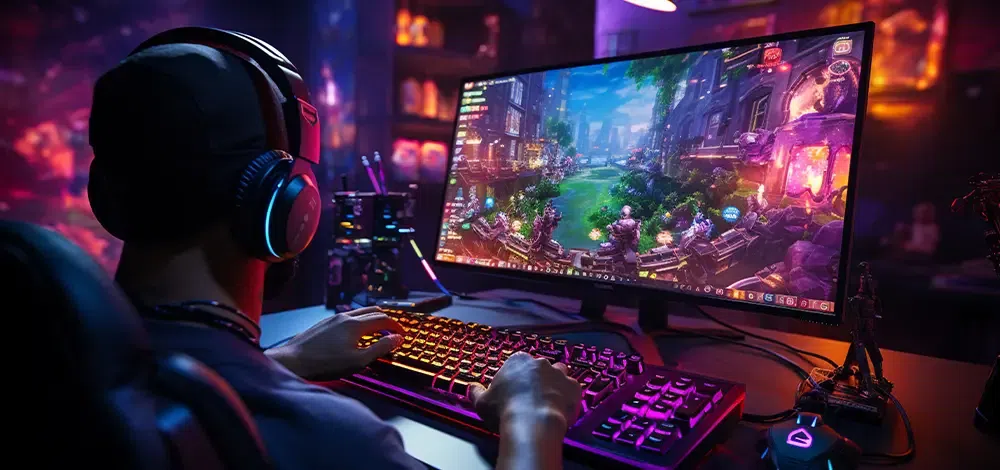

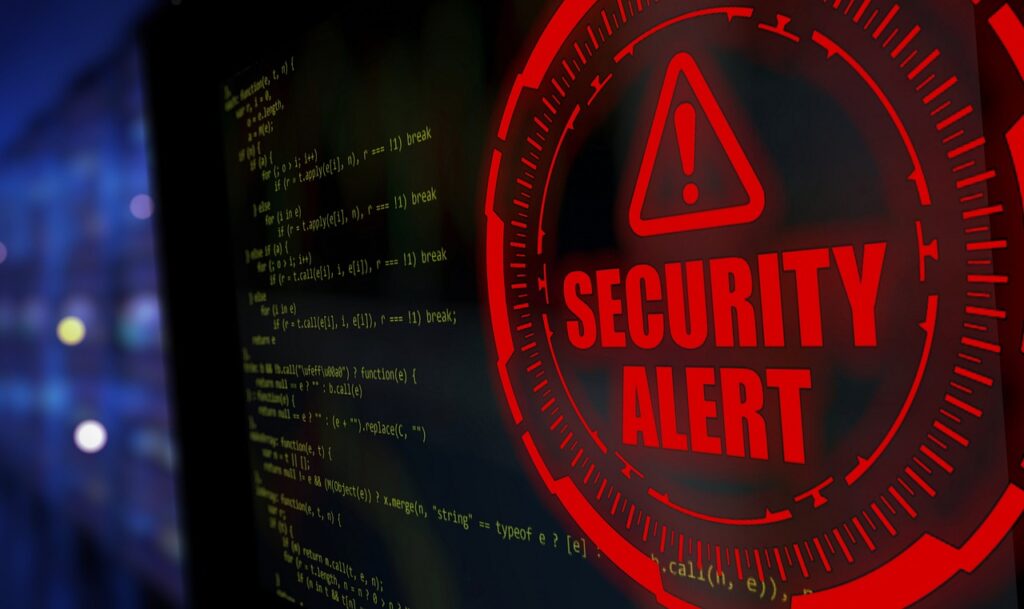
















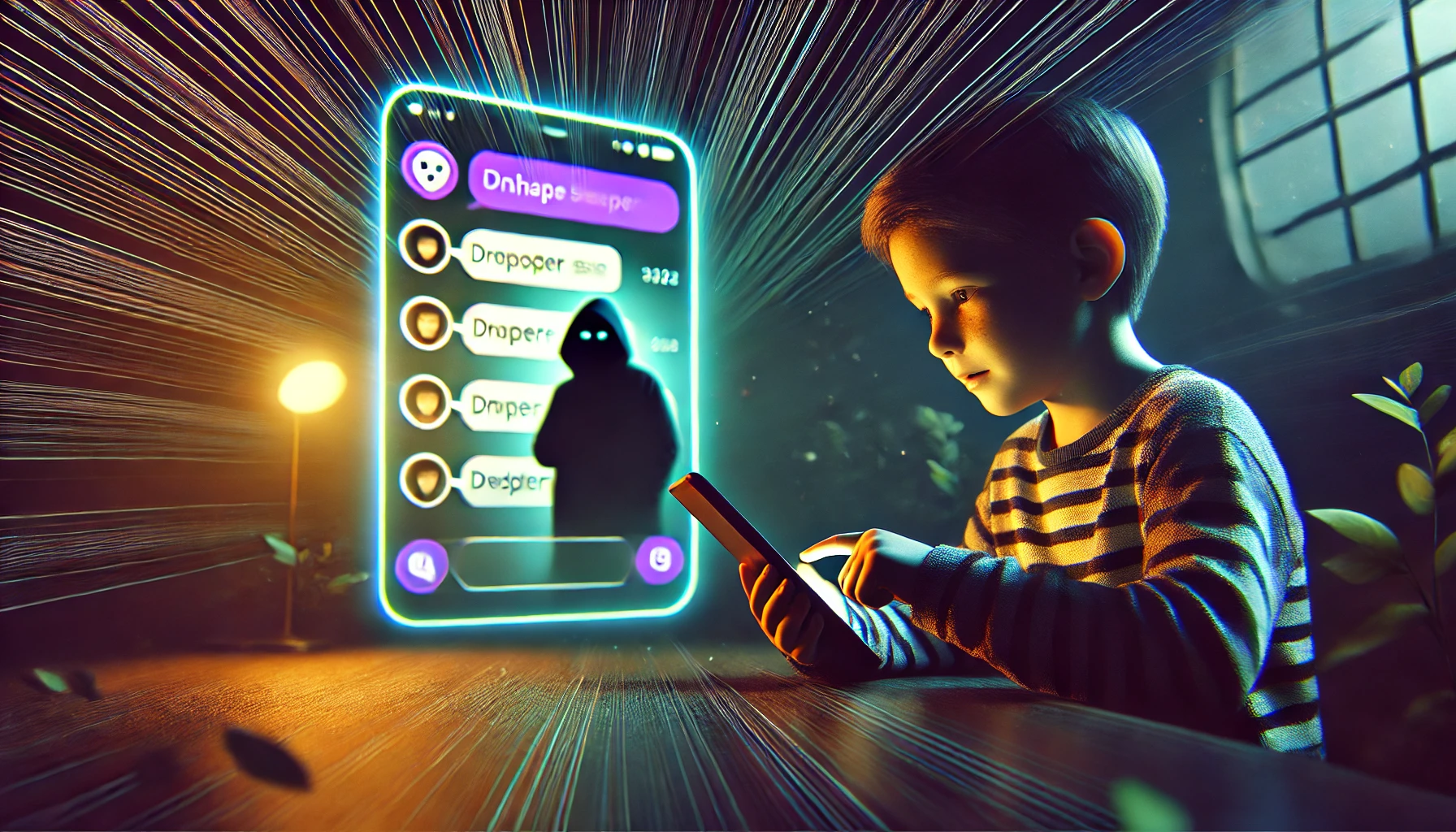
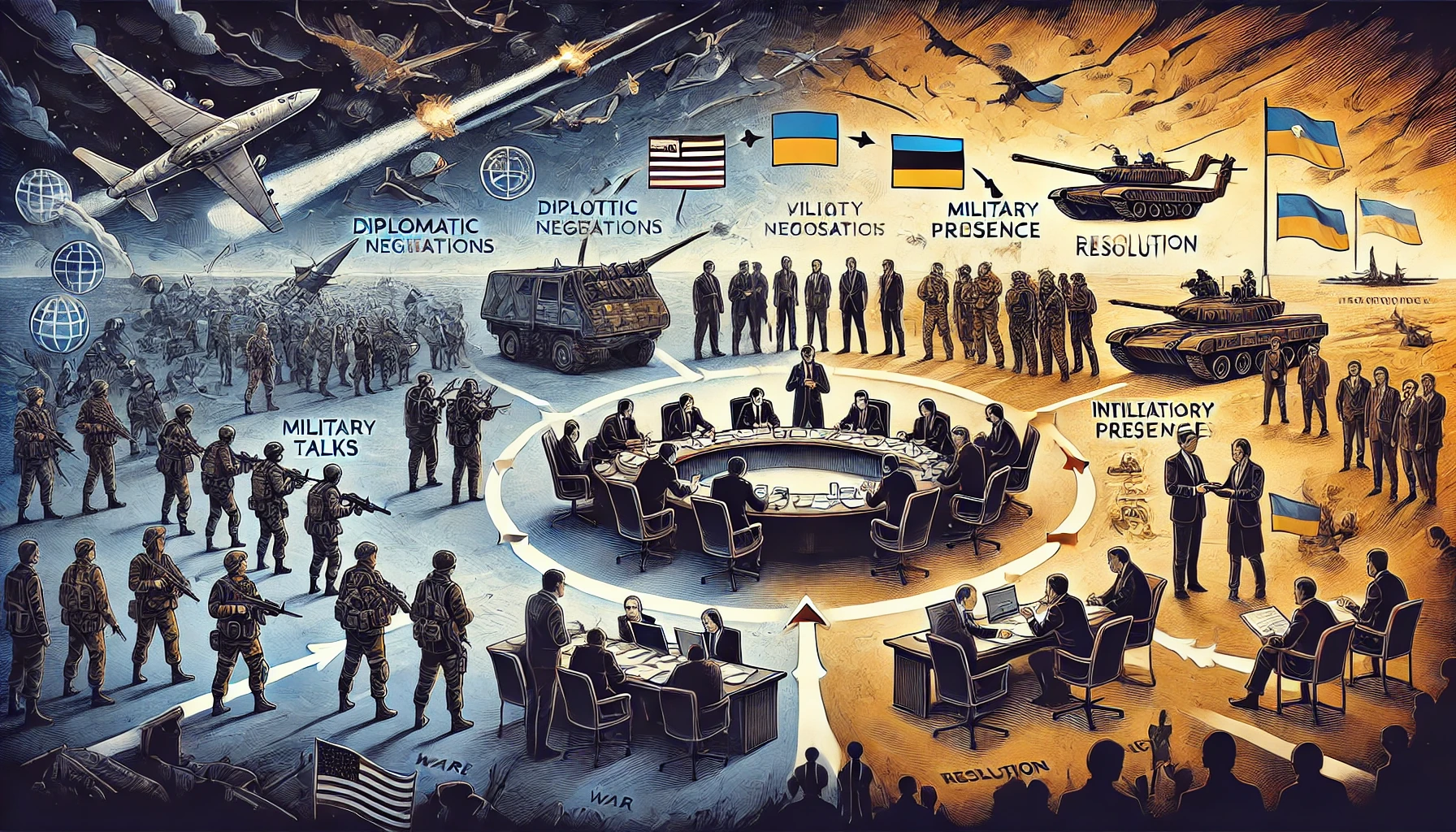


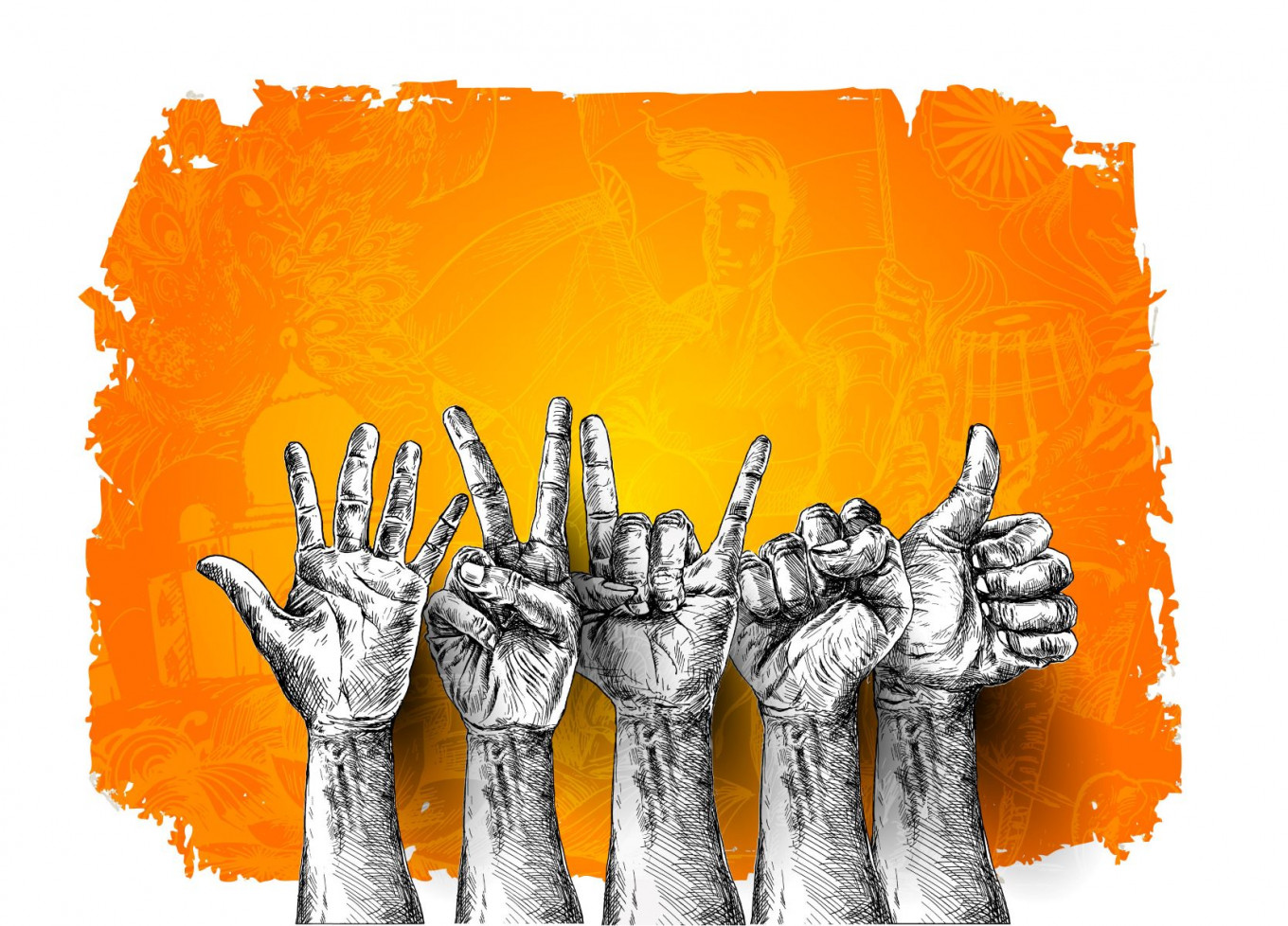


0 Comments